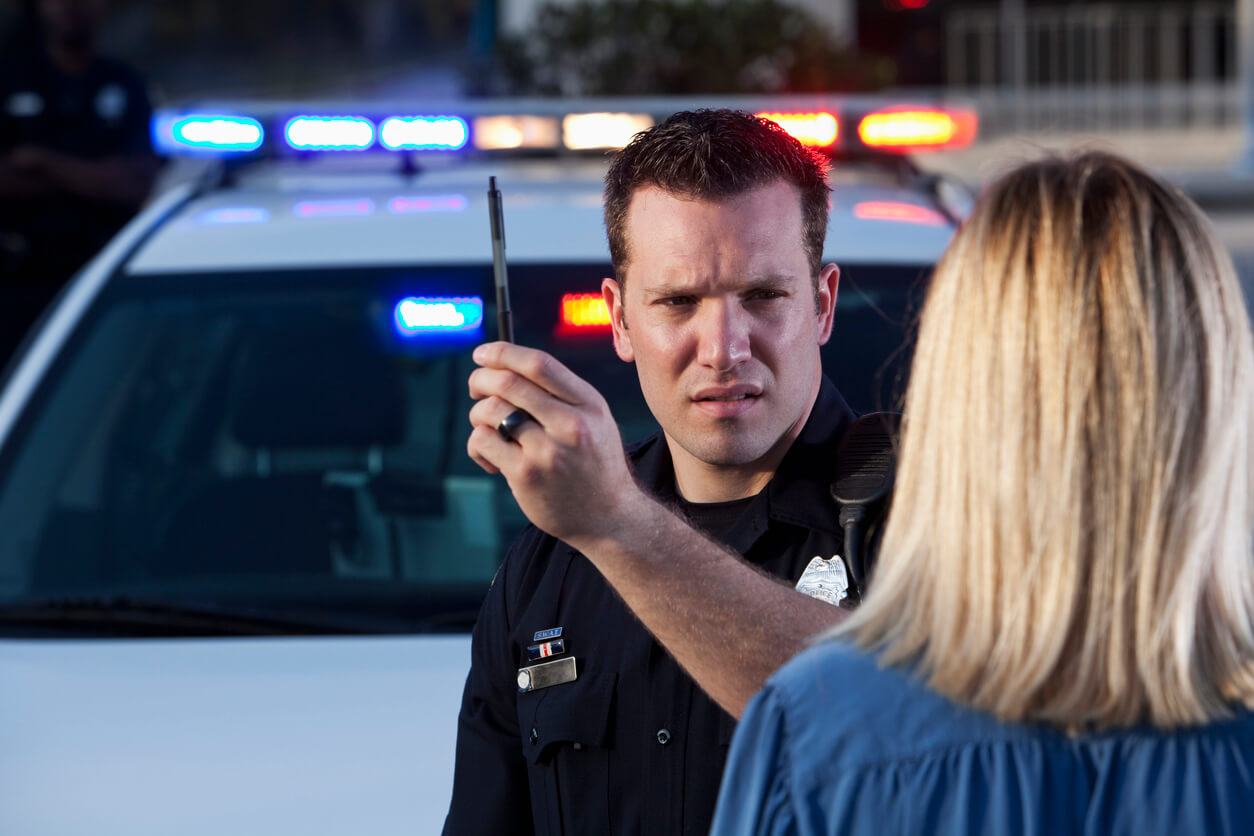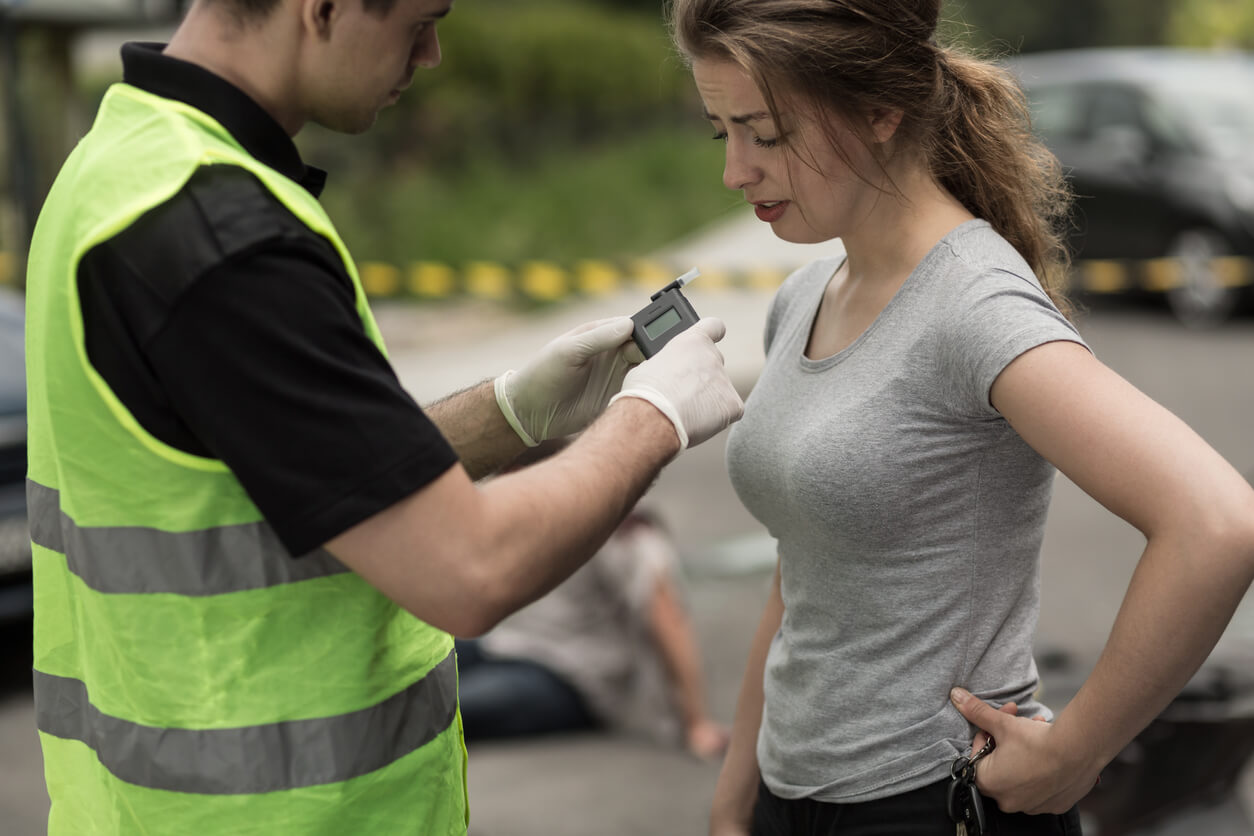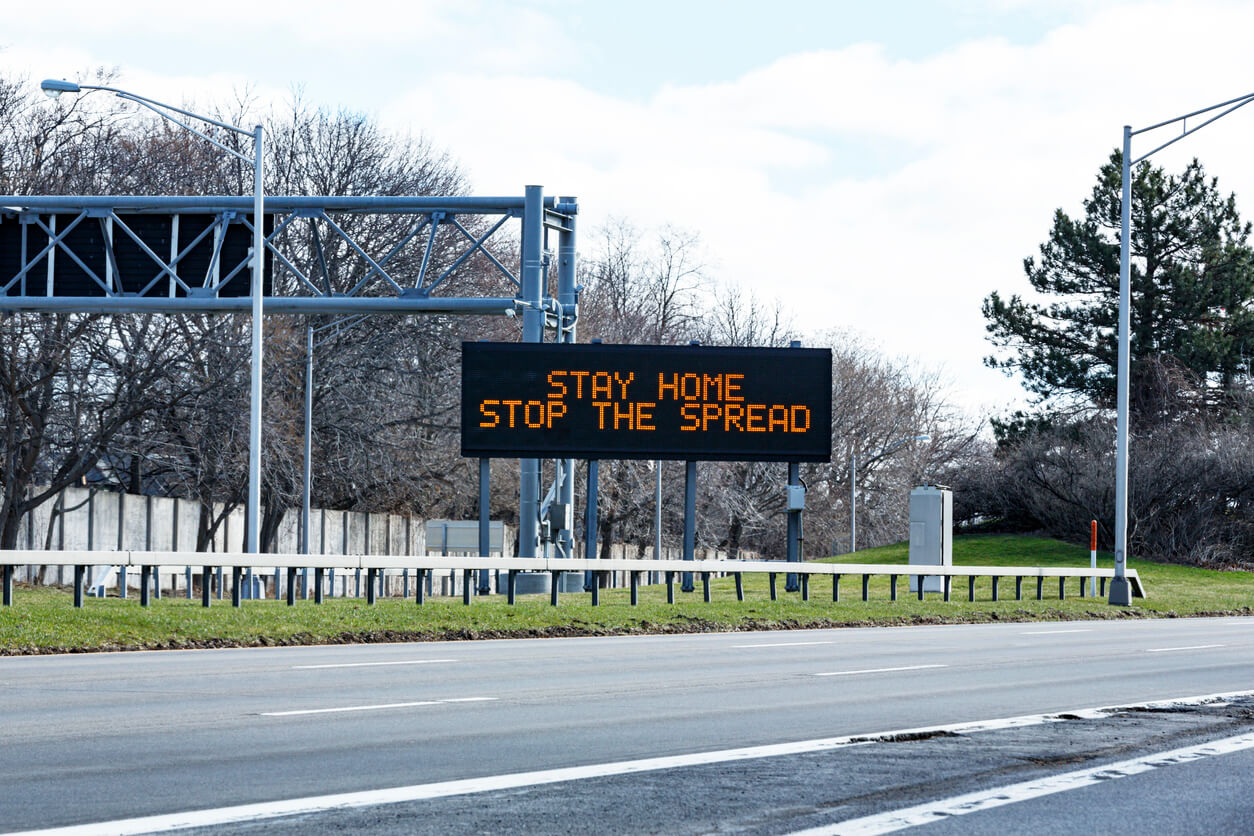Without a vaccine and no clear end in sight, unfortunately, coronavirus seems here to stay for a while. While many industries have adapted to our new normal, many courts have remained closed. It begs the question as to the future of jury trials as we know them. How can you uphold a defendant’s right to a speedy trial? How can members of the jury sit together? Well, for some courts it seems that the answer is Zoom.
Zoom, a video-conferencing software that became extremely popular during quarantine, was recently used by the state of Texas. However, the case was civil – not criminal – and the verdict won’t be binding. It remains to be seen how Zoom could come into play with criminal trials.
While it sounds good in theory, using Zoom to conduct a jury trial could end up violating defendants’ constitutional rights, such as the right to confront witnesses. How could this be done on Zoom? Would it be considered the same as if it was conducted in-person?
Zoom Just Isn’t the Same
Many would argue that it is not the same. Since a major factor in criminal trials and verdicts has to do with the credibility of witnesses, it may be more difficult to assess credibility if you are unable to be with that individual in person. Things such as body language and facial expressions are much harder to decipher through a screen. Not to mention that judges often set higher bail for defendants whose hearings are conducted through closed-circuit TV.
Other issues associated with videoconferencing for criminal jury trials include:
- Non-digitizable physical evidence
Sometimes jurors need to be able to touch and hold evidence and look at it up close with their own eyes.
- Difficulty with effective assistance of counsel
Defendants have a right to be represented by a competent attorney. Unfortunately, when attorneys cannot be in the same room as their clients, this makes it tough.
- Difficulty with Impartiality of Jurors
When a jury is selected, the court will take a variety of precautions to be sure that jurors are not swayed by external factors. For example, in a courtroom jurors remain under a microscope, with phone use and multi-tasking prohibited. Without eyes on them, jurors are able to look at the news or the Internet, which could influence their decision.
- Technical problems
No matter how advanced technology becomes, it’s never perfect. Sometimes we experience technical issues. There is no guarantee that the audio or video won’t cut out at certain critical parts of the trial.
It’s clear that although convenient, there are many constitutional issues that present with relying upon Zoom or another video-conferencing system. For this reason, it seems unlikely that courts will decide to adopt and conduct video-trials.
Hancock Law Firm, PLLC Helps Those in North Carolina Who Have Been Charged with a Crime
A criminal conviction can have a severe and long-lasting impact on your life. From finding a place to live to securing a job position, it can prove difficult with such a conviction on your record. It can also impact your ability to get to and from work and make money. That is why it is in your best interest to consult with a knowledgeable and experienced criminal defense attorney as soon as possible.
A qualified criminal defense attorney has experience with fighting these types of charges and can help you to navigate the criminal justice system.
At Hancock Law Firm, PLLC, we fully understand what is at stake and will do everything that we can to help you fight these charges. To learn more or to schedule a free consultation, contact us today!










